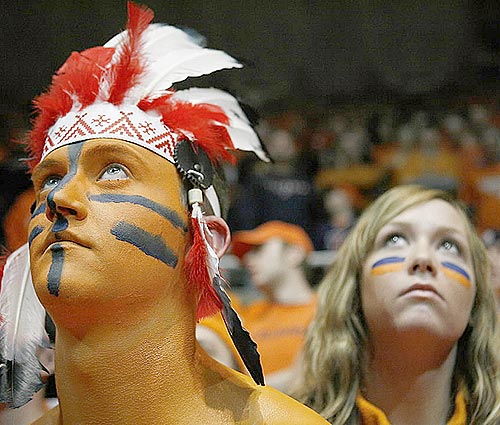Our celebrity-centered culture plunges us into a moral void. It offers the illusion of immortality and promotes self-love over the common good.
By Chris Hedges
Neal Gabler writes in "Life: the Movie: How Entertainment Conquered Reality" that the power of celebrity culture means we often seek to enact the movies that play inside our heads. We become celebrities, at least privately, to ourselves. Celebrity culture is so ubiquitous that it has established perverse interior personal scripts and modes of speech through which our relationship with the world is often constructed. Gabler argues that celebrity culture is not a convergence between consumer culture and religion but instead is a hostile takeover of religion by celebrity culture. Commodities and celebrity culture alone define what it means to belong to American society, how we recognize our place in society and how we determine our spiritual life. Celebrity culture is about the denial of death. It is about the illusion of immortality. The portal to Valhalla is through the celebrity.
This cult of distraction, as Rojek points out, masks the real disintegration of culture. It conceals the meaninglessness and emptiness of our own lives. It deflects the moral questions arising from mounting social injustice, growing inequalities, and costly imperial wars as well as economic and political corruption. Shamanism is not only the currency of celebrity culture; it is the currency of totalitarian culture. And as we sink into an economic and political morass, we are controlled, manipulated and distracted by the celluloid shadows on the wall of Plato's cave. The fantasy of celebrity culture is not designed simply to entertain. It is designed to keep us from fighting back, even, apparently, in death.
How is Hedges's analysis relevant to Newspaper Rock? As I've said before, America has a cowboy culture. We celebrate the rugged individualist, and the cowboy is the epitome of that.
We don't honor other people who had equally tough jobs: farmers, miners, steelworkers, et al. We've made the cowboy of legend into a historical celebrity. He and his pioneering associates (Daniel Boone, Davy Crockett) are our national heroes.
In the same way, the Indian of legend has become a historical celebrity. Where the cowboy represents the mainstream culture, though, the Indian represents the counterculture. He's the celebrity of choice when you want to show how cool, hip, and rebellious you are. Indians fought the status quo and so do today's contrarians--at least in their own minds.
Thus we get students clamoring for their Indian mascots. Hipsters wearing Plains-style headdresses. New Agers and wannabes appropriating Native religion and culture. They're arguably all part of the same vibe, which goes like this:
Getting on American Idol is too much work, but anyone can put on a costume and become an Indian. So look at me with my Indian mascot/headdress/ceremony! I'm a savage, a shaman, a wolf person, a spirit being! Unlike you squares with your suits and jobs, I'm wild and free! No one can tell me what to do because, in my own heart, I'm an Indian!
Celebrities and (stereotypical) Indians are larger than life. They don't have to play by the rules. They're remembered for their greatness. Thus, Indian wannabeism = celebrity wannabeism. Not exactly, of course, but close enough.
For more on the subject, see Victor or Victim: Our New National Anthem? and America's Cultural Mindset.
Below: University of Illinois fans try to be something other than boring white people. I.e., to be brave and bold by proxy. "We're different...special...Indians!"


Funny, I would never have thought of the "Indian of legend" becoming "a historical celebrity" but in a way it all makes sense. The celebrity Indian really is larger than life, hence the allure for so many people.
ReplyDeleteA damn good analogy and some damn good analysis.
Pretty much spot-on.
ReplyDeleteI am ashamed of the white race for killing over 100 million Native Americans. It really makes me sick, the way victors always write history there way.
ReplyDelete